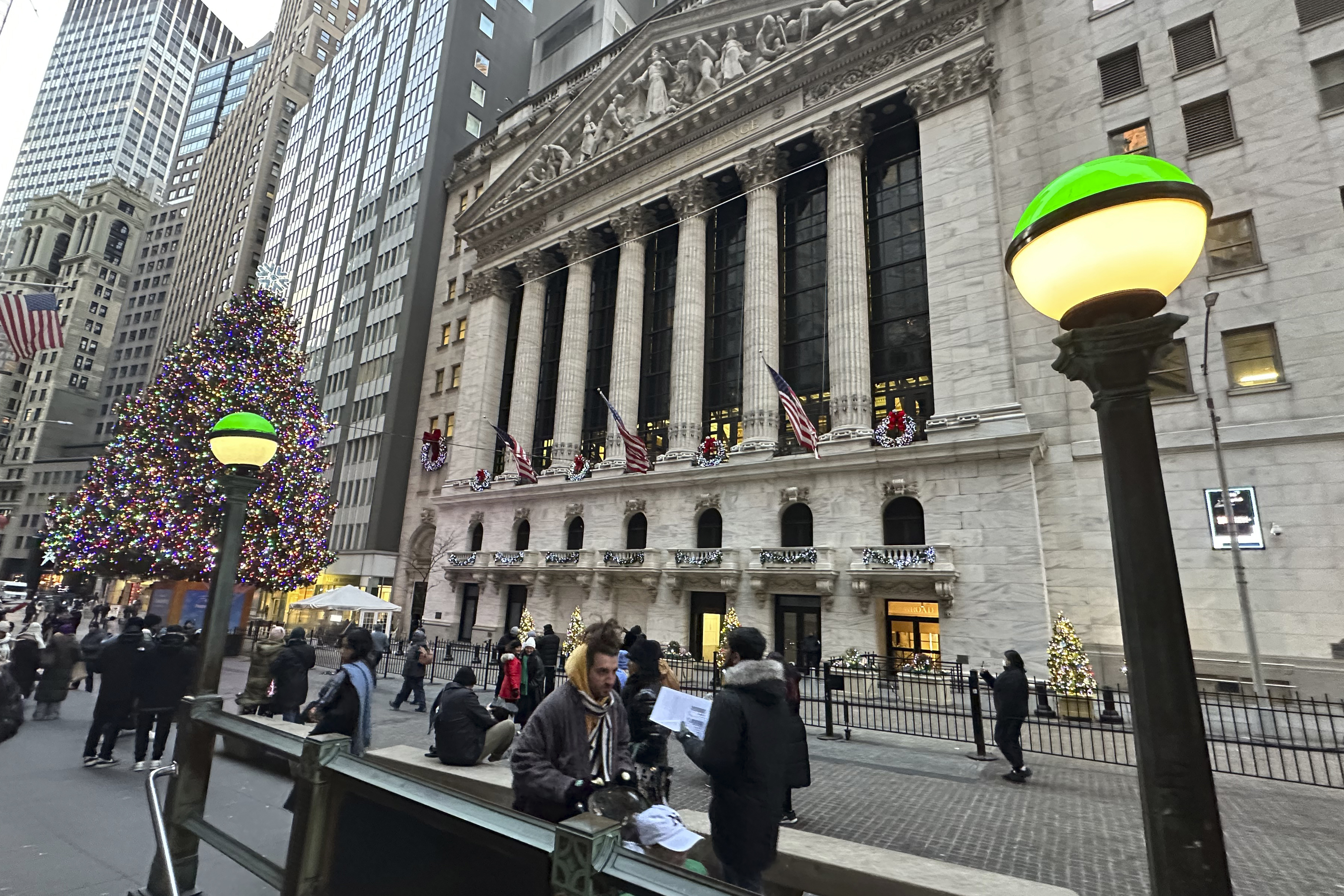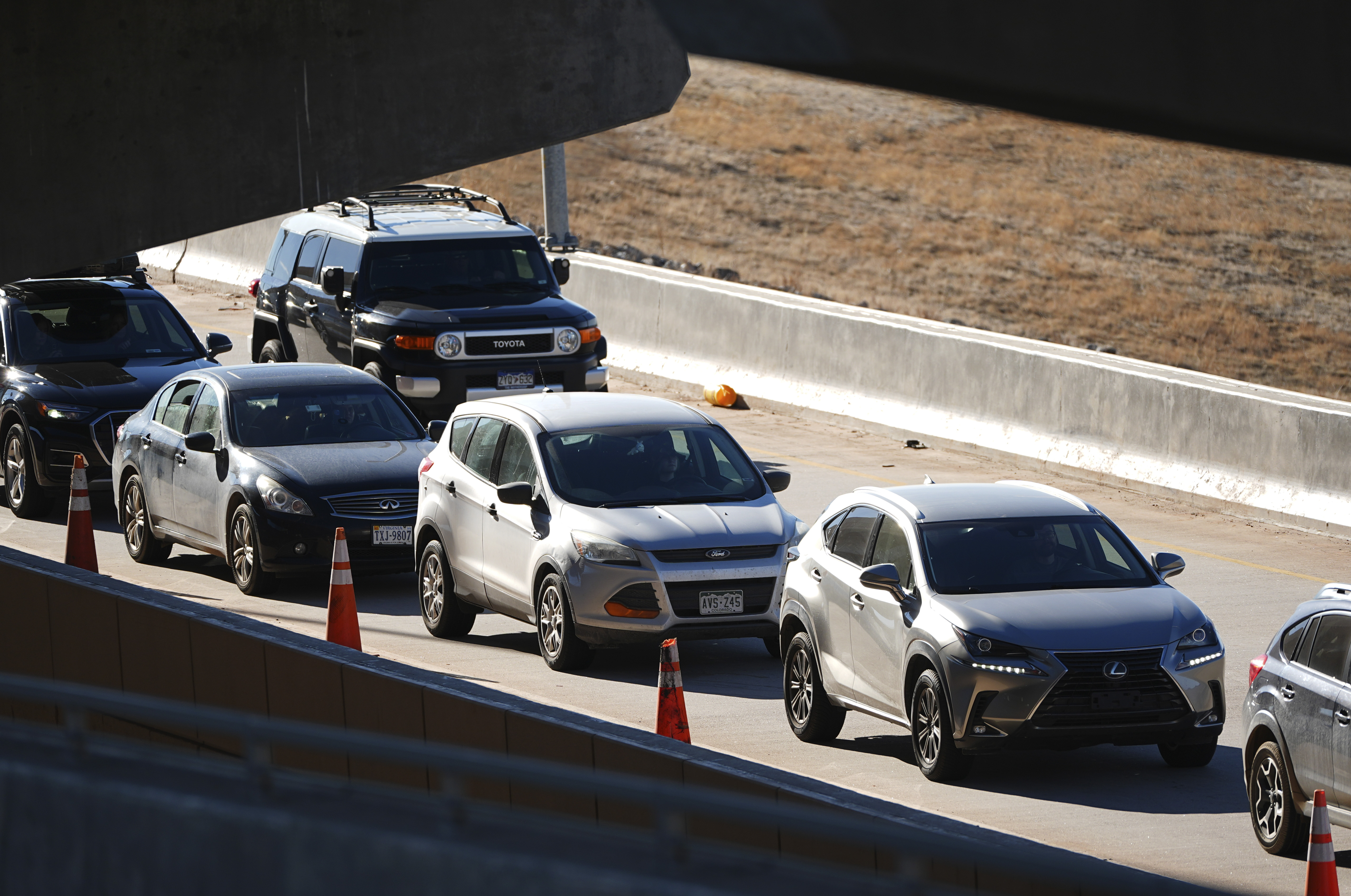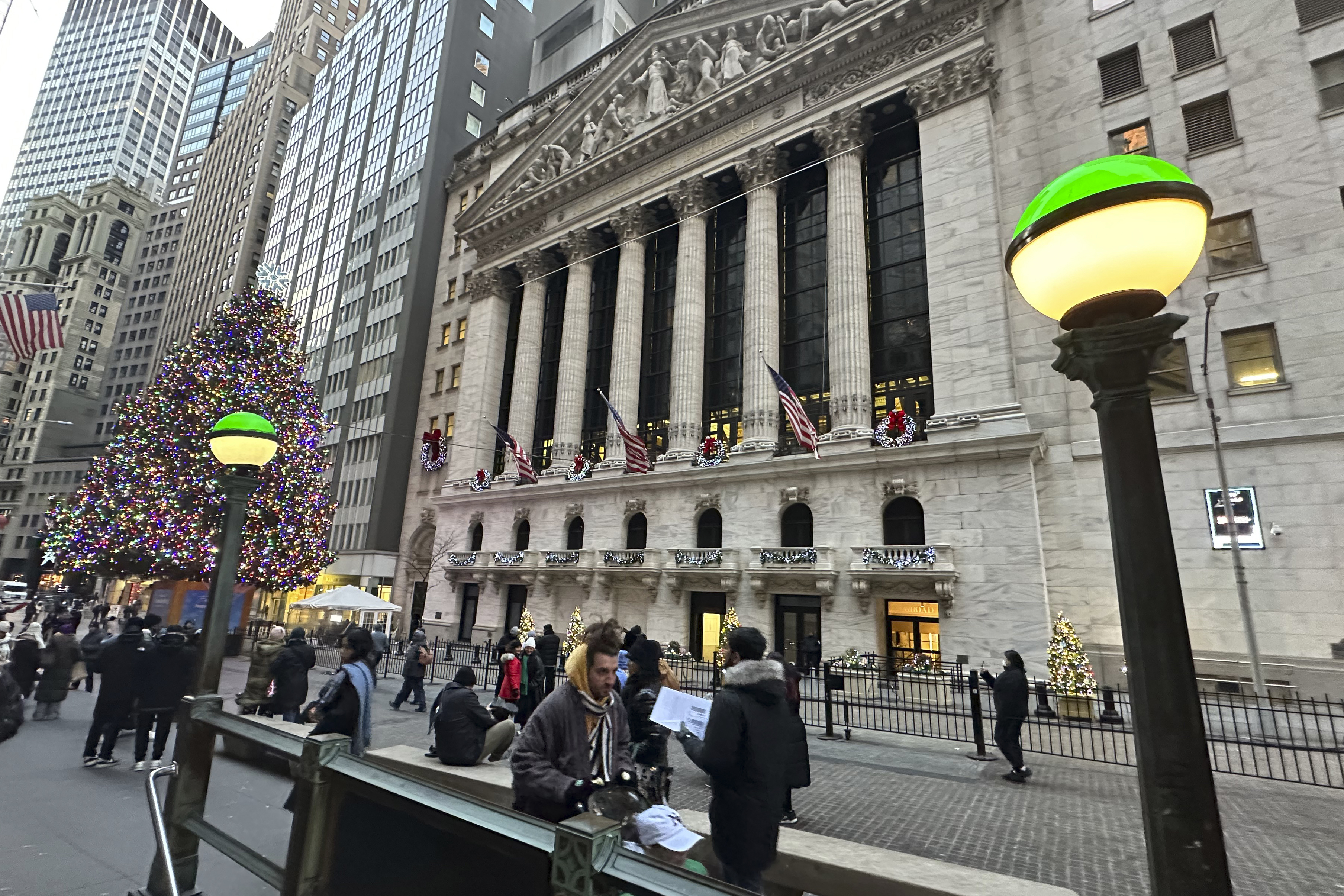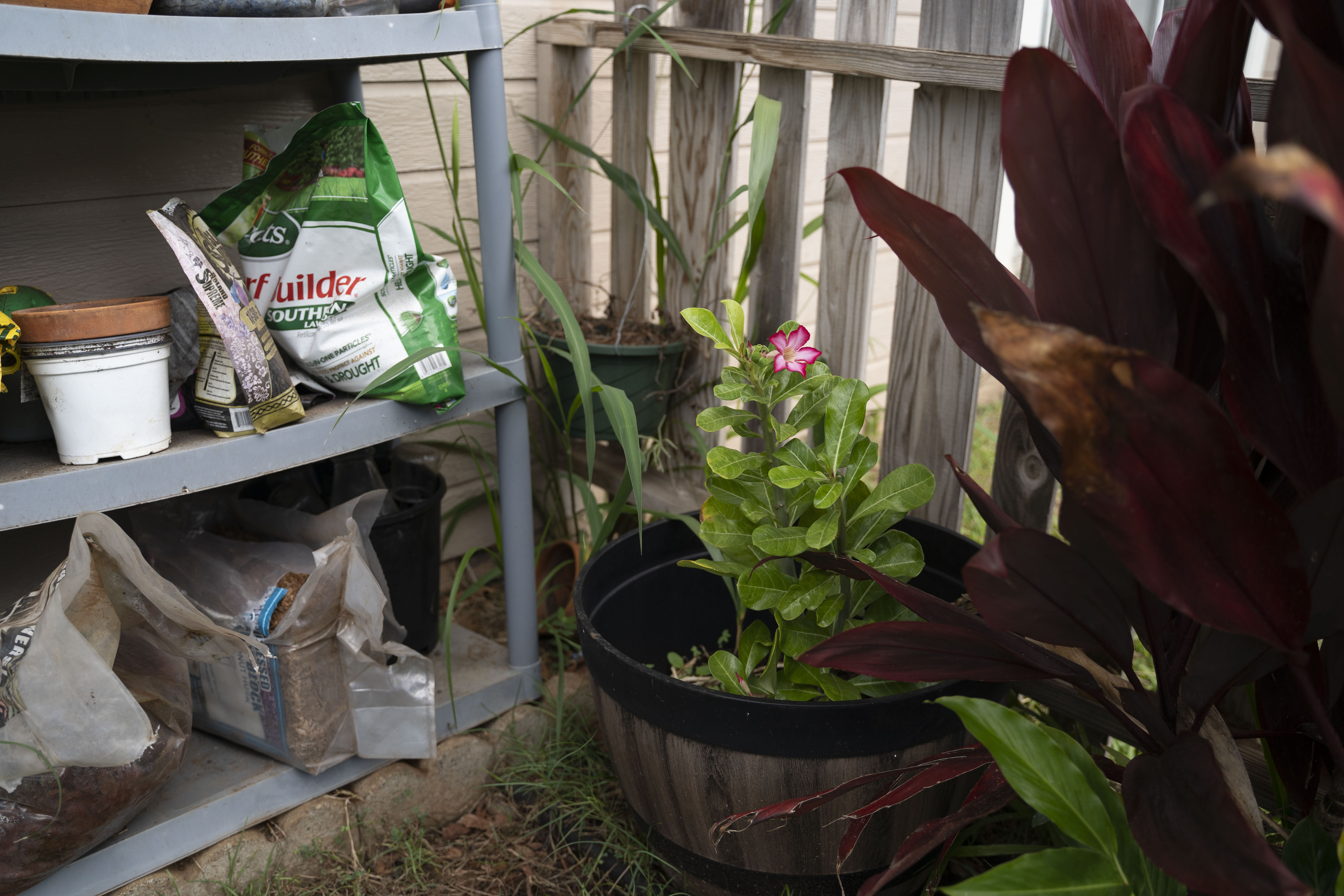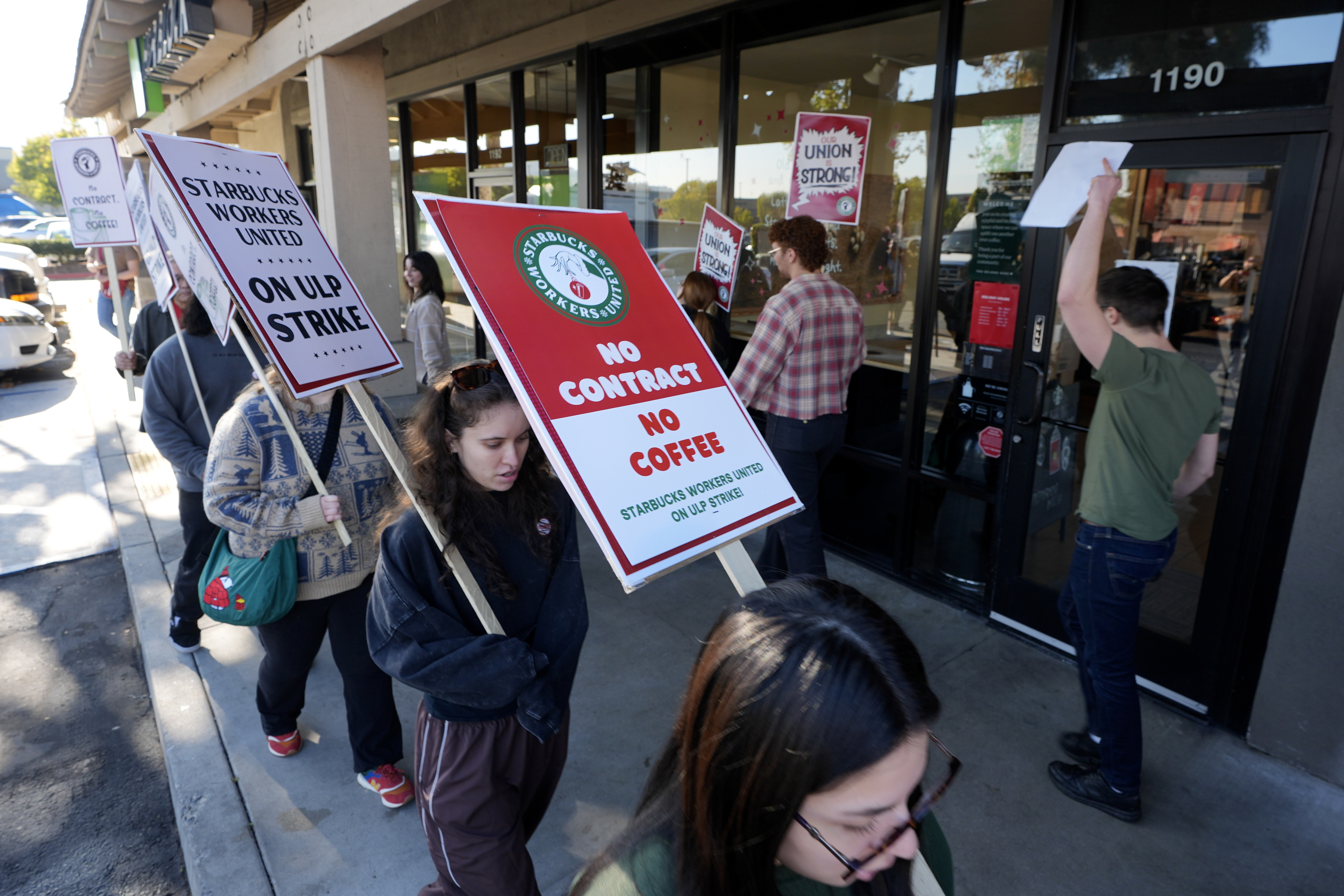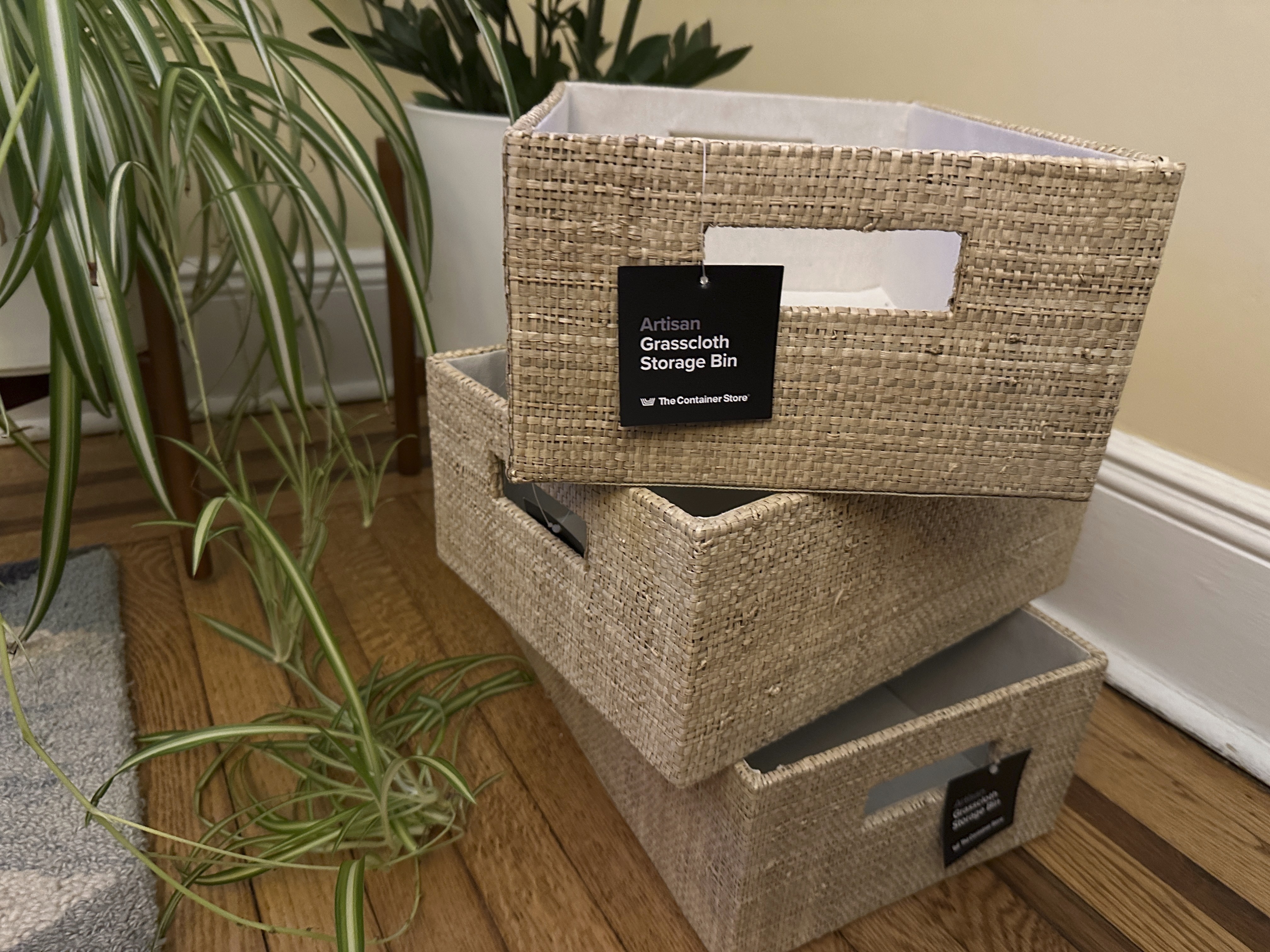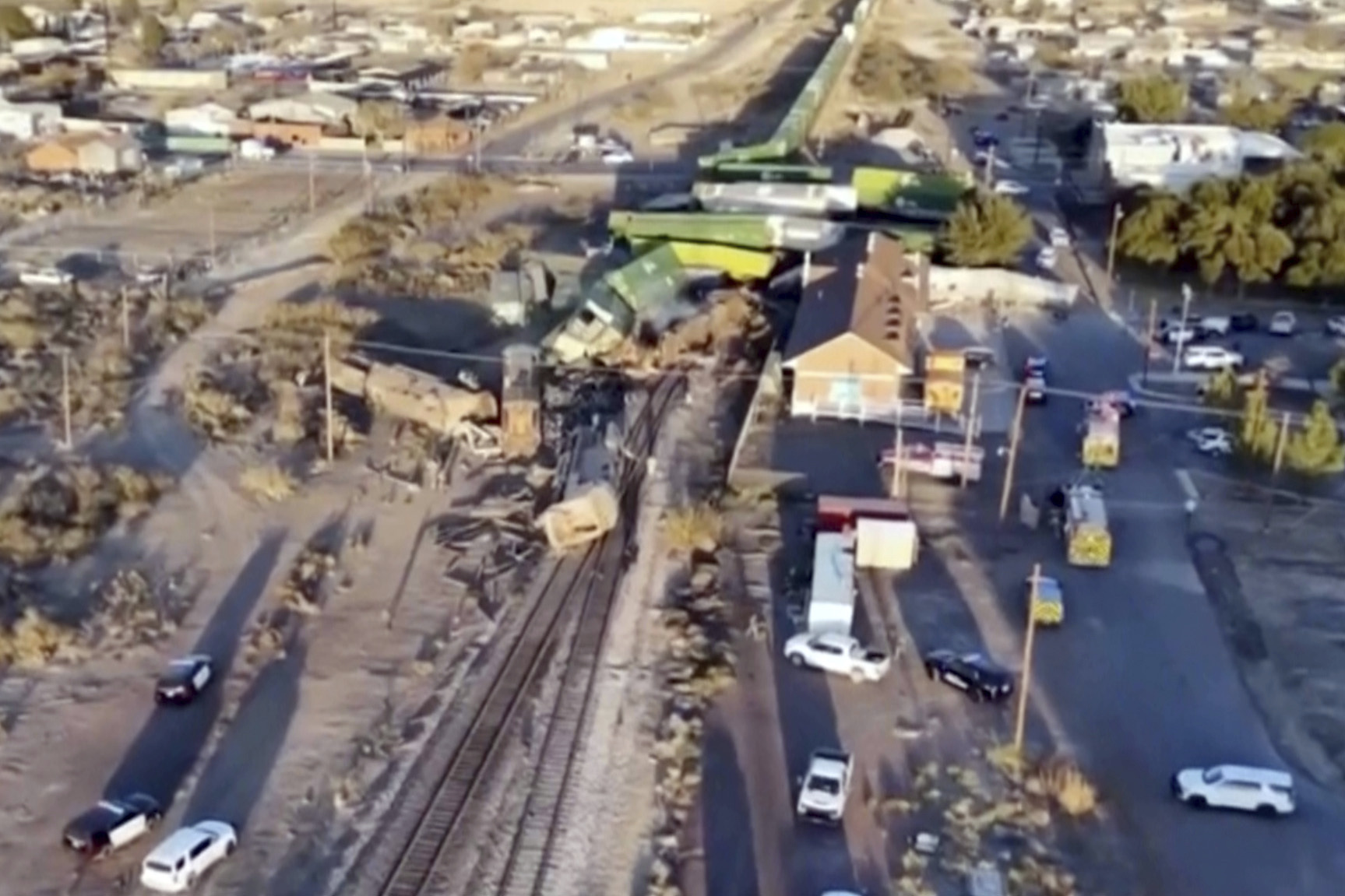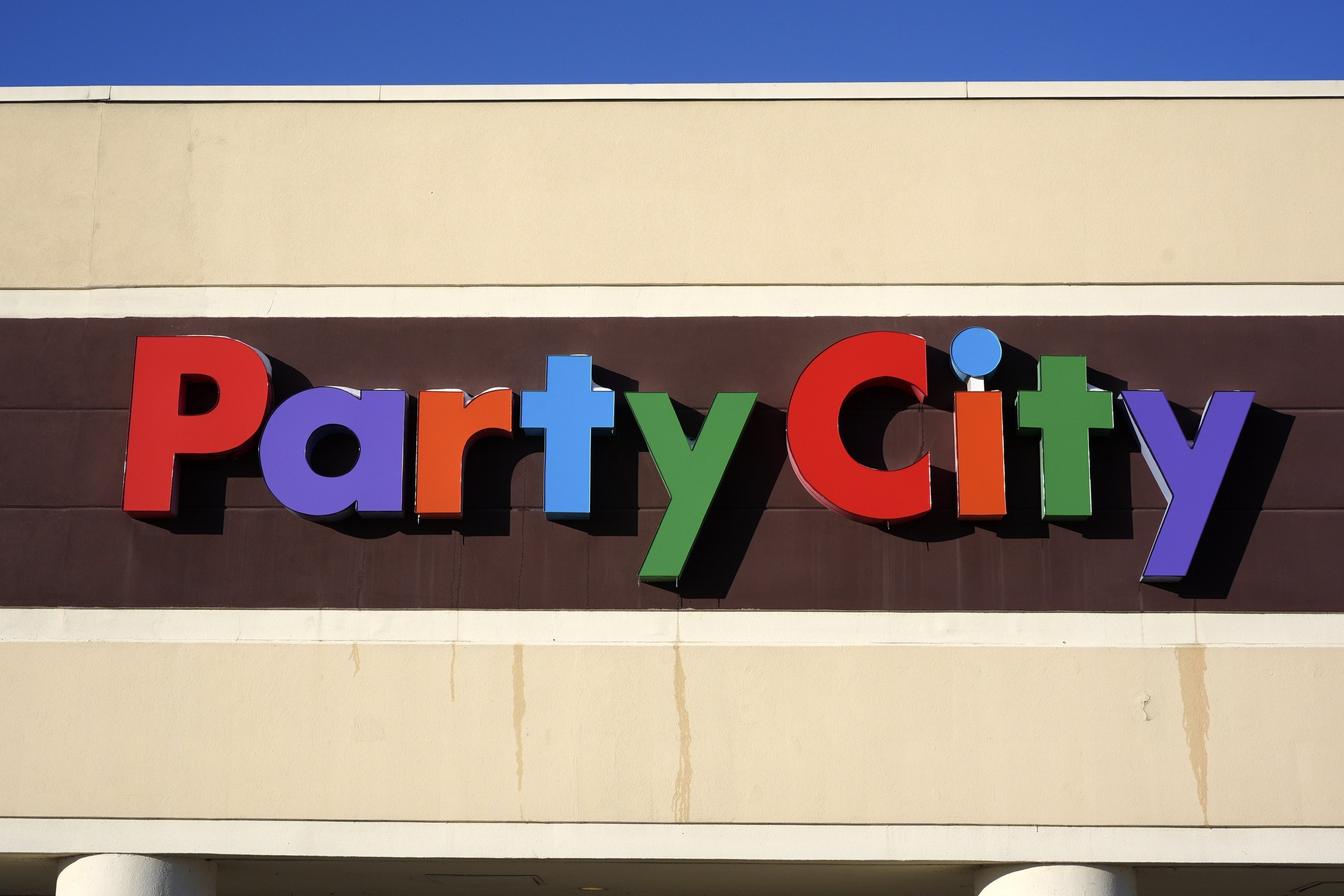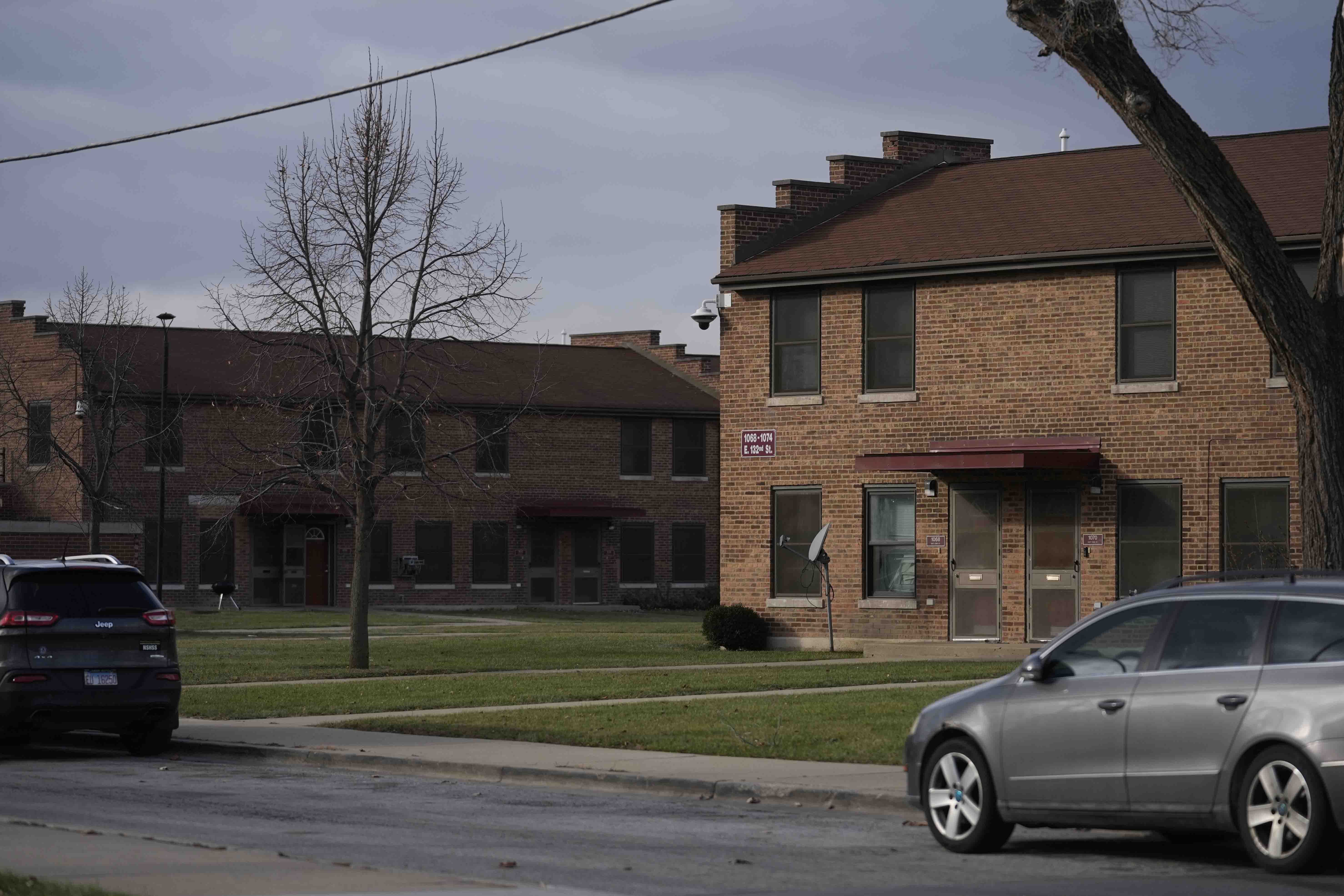John J. McGlennon is a Democratic candidate for the JCC Board of Supervisors – Roberts District. His name will appear on the ballot on November 7, 2023.
McGlennon is running against Trevor M. Topping in the Roberts District.
The first day of in-person early voting at your local registrar’s office for this election is Friday, Sept. 20, 2024. Click here to see who is on your ballot.
10 On Your Side reached out to all of the candidates running in this race with specific questions. The responses below came directly from the candidate and are unedited. If you do not see the candidate listed with a profile, we did not receive one.
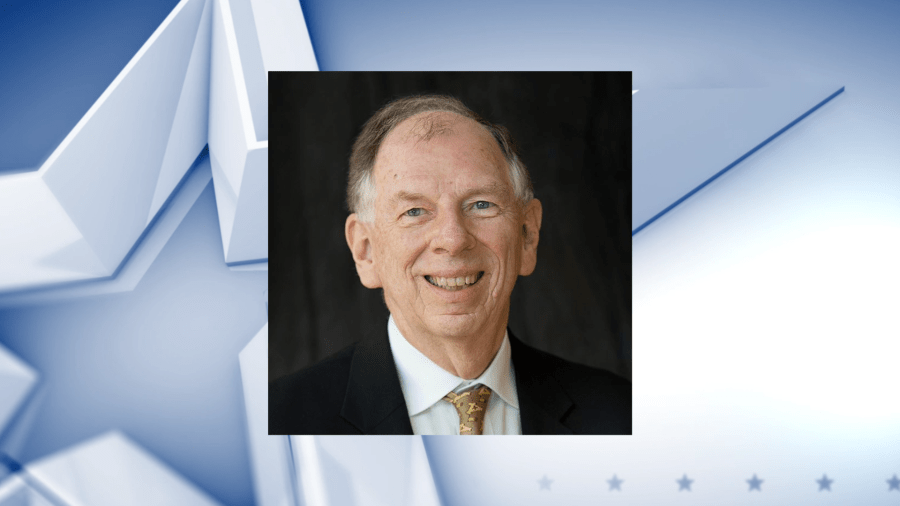
Name: John J. McGlennon
Race: JCC Board of Supervisors – Roberts District
Party: Democratic
Website: johnmcglennon.com
Biography:
Born in Bay Shore, New York, resident of the Williamsburg area since 1974, John is the Roberts District member of the James City County Supervisors. Previously, prior to a redistricting he was the Jamestown District Supervisor. John earned his BA at Fordham University in The Bronx, New York, and his MA and PhD at The Johns Hopkins University in Baltimore, Maryland. John is a Professor of Government and Public Policy at the College of William & Mary.
As a member of the Board of Supervisors, John has been a strong supporter of quality public services and protecting our quality of life. He has the endorsement of the Williamsburg/James City Education Association, the Police Benevolent Association and the local chapter of the International Association of Fire Fighters. He has been a leader in environmental advocacy, fiscal integrity and in promoting balanced, sustainable growth, at a more reasonable rate. John’s leadership has been recognized by three Governors, who have appointed him to advisory boards. He is Chair of the Coalition of High Growth Communities, an organization of the local governments of the fastest growing cities and counties in the Commonwealth of Virginia. He also chairs a committee of the Virginia Department of Rail and Public Transit which develops the formulas for allocating state funding to mass transit systems in the state.
John has been a careful steward of the county’s finances, and has saved taxpayers millions of dollars by adjusting the assessment rate on automobiles in 2022, getting groceries exempted from the 1% tourism sales tax, and attaining “Triple A” bond ratings, that reduce borrowing costs.
John is married to Terry U. McGlennon, an educator recently retired from Newport News Public Schools. They have two grown sons, and they have live in the Rolling Woods subdivision.
Why are you running for this office?
I enjoy the opportunity to help shape our community, to prepare for future challenges and opportunities, and most importantly, making sure that residents of the county are heard on issues that concern them. I believe that my experience and understanding of government allows me to understand the complex issues that confront James City County. I have been able to help the county anticipate social, economic and political changes and be prepared for whatever the future holds. My constituents know that if they have an issue or problem, I will help them address it.
Finally, there are several important initiatives that I have been advocating that need to be moved forward, and need a strong advocate.
What is the most important issue facing the county, and what is your position on it?
Our biggest challenge remains in striking the right balance between the growth that we know will continue and the protection of the quality of life that makes this a special community. We have a paramount need to preserve historic and environmentally sensitive lands, restore streams and make sure that changes in business enterprises and technology can be managed to have the least damaging impact and provide the best opportunities for our workforce. Striking this balance is difficult, as we try to limit the pace of residential growth while meeting the need for housing to provide for our service and health care industry workers and entry level teachers, firefighters, police and others who struggle to find affordable lodging. I serve on a county committee that rehabs or replaces substandard housing so that residents can live in safety and security.
What is the top challenge facing your district, and how would you address it?
In a community like ours, where there is turnover in the population, we need to develop connection between the citizen and local government and to facilitate the opportunity for people to connect with others to reduce social isolation and appreciate the rich diversity of our county’s population. For seniors in particular but for residents of all ages (even school age), the reduction of social isolation is a challenge but failure to address it leads to negative consequences for the individual and the community. I have been a strong supporter of the programs run by our Department of Social Services along with other county agencies to meet the needs of citizens regardless of age or income to feel that they can benefit from making connections.
What is your stance on the possible separation of the Williamsburg James City County Public Schools partnership?
I would be very disappointed if the City of Williamsburg chose to separate from the WJCC Public Schools. While I am confident that James City can maintain a high quality school system should the City decide to separate, we would lose some of the close connection our two jurisdictions have achieved to create a stronger community. Practically, a decision to separate will require thoughtful planning , and is bound to have significant costs for both jurisdictions, money that could be better spent on improving the joint system. So I respect the City’s desire to study this issue, I hope that they will move expeditiously and allow adequate time to either restate our commitment to a joint system or protect all our students by giving adequate time to plan and implement the means for separation.
How do you feel about the politicization of public education?
Our public schools play a vital role in the community and they need to be able to help all of our students to achieve success, regardless of race, income, physical, behavioral or mental challenges. Public schools have long had an important role to play in introducing students to our democratic system and encouraging critical thinking. When politicians or ideologues undermine the confidence in our teachers and schools for electoral advantage, it becomes much harder to convince talented young people that they should consider education as a profession, and complicates the efforts to address significant issues that may need to be addressed in the public school system.
How do you plan to manage growth while also protecting the quality-of-life residents bought into?
The Board took a couple of steps this year to protect rural lands and protect land where development may occur. We restored the “Purchase of Development Rights” program that would allow farmers to keep their land in agriculture but sell the county their development rights. I set a standard for consideration of residential development that asks if a proposal meets a real need of the community or is simply more of the same, and vote accordingly. I expect that residential development will be somewhat slower, and more likely to be in a “mixed use” configuration of townhouses adjacent to or apartments above retail shops and businesses. Of course, there are several developments that were approved years or decades ago that we can’t change, but we can be much more deliberate in what we consider today.
What is your view on unlimited campaign contributions? Should that change?
There is no question that money plays an outsized role in politics, and I would certainly favor limits on total contributions. Virginia allows virtually any contribution amount, but at least it does require disclosure of contributions over $100 (cumulatively) by any person or entity. The existence of “Super PACs” that are organized under the IRS rather than normal campaigns do not provide timely disclosure of donors and sometimes no disclosure at all. I would like to see that required.
How will you still value constituents with whom you disagree?
Over my time in elected office, I have often talked with constituents who disagree with a vote or position that I have taken, who are upset with county actions or policies, and the like. I believe that those individuals will tell you that I listened to them, that I either explained why I took the position that I did, that I offered to address concerns or views that they raised to see if there was merit to their perspective, or that on this particular question, we simply disagreed. But I will usually end the exchange with a request that if they are concerned about other matters, to please let me know.

